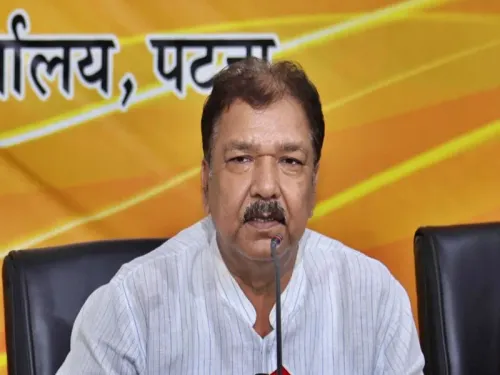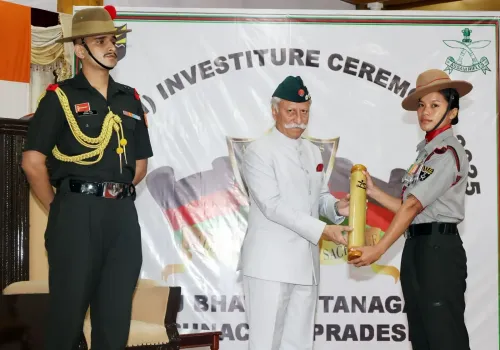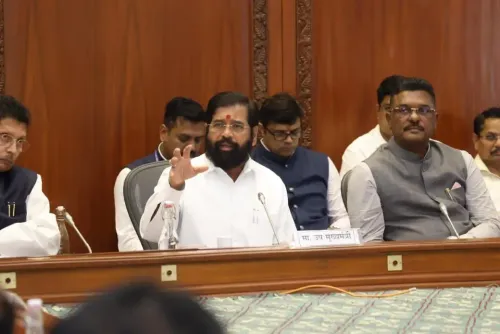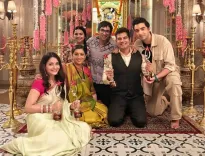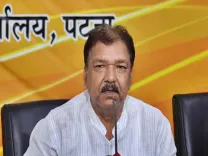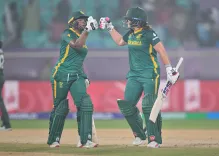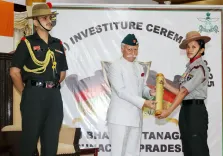Is Gaza Peace Talks Invitation a Sign of India's Growing Influence?
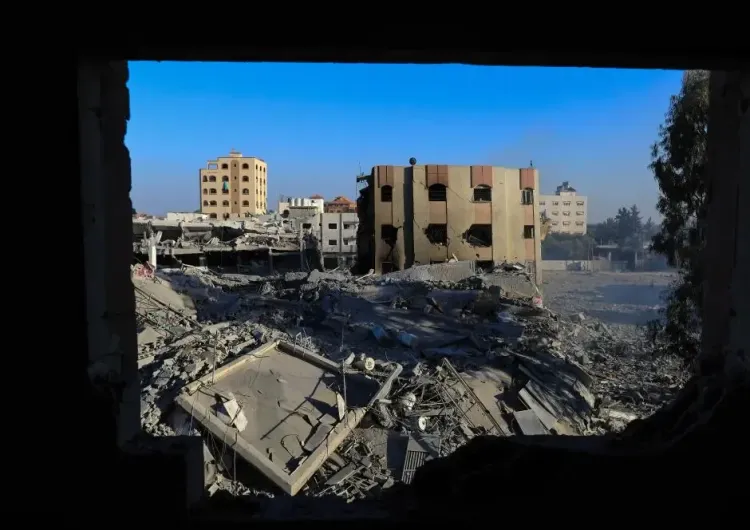
Synopsis
Key Takeaways
- India's Middle East diplomacy has evolved into a strategic engagement.
- The invitation to the Gaza peace summit highlights India's increased diplomatic significance.
- India balances support for Palestine with strong ties to Israel.
- Participation in I2U2 and IMEC underscores India's commitment to regional stability.
- India's approach is seen as a neutral and trusted partnership.
New Delhi, Oct 13 (NationPress) India's approach to Middle East diplomacy has evolved into a more strategic, balanced, and multilateral endeavor, contrasting sharply with its previous cautious and often reactive stance. If this trend continues, India could emerge not just as a stakeholder but as a genuine architect of peace and connectivity in the region.
The recent invitation for Prime Minister Narendra Modi to join the Gaza peace summit on Monday underscores India's increasing significance as a diplomatic force within the Middle East. Modi is among 20 global leaders invited by US President Donald Trump and Egyptian President Abdel Fattah El-Sisi to attend this pivotal event in Sharm El-Sheikh.
India will be represented by Minister of State for External Affairs Kirti Vardhan Singh, as reports indicate that both the Prime Minister and Foreign Minister S. Jaishankar have prior commitments in India.
While PM Modi prepares to welcome Mongolia's President Khurelsukh Ukhnaa on Tuesday, the External Affairs Minister also has bilateral discussions planned with Canadian counterpart Anita Anand on the same day.
Modi has previously endorsed President Trump's peace initiative, considering the initial ceasefire and hostage release as vital steps towards achieving peace. This suggests alignment with the summit's goals, even in his absence.
Unlike numerous Western nations, India adopts a nuanced stance in the Israel-Palestine conflict, balancing its support for the Palestinian cause with its deepening strategic and economic ties to Israel. This perceived neutrality enhances India's value as a diplomatic partner across the board. As one of the first non-Arab nations to recognize the Palestine Liberation Organisation (PLO), India has consistently advocated for a two-state solution and provides substantial financial and humanitarian support to the Palestinian people.
Moreover, India has developed a strong partnership with Israel since establishing full diplomatic relations in 1992, encompassing defense, trade, agriculture, and technology—relations that have become more prominent under the current Prime Minister.
India’s relationship with the Arab League is also robust, involving diplomacy, trade, economic cooperation, and cultural exchange. An Executive Programme has been instituted to define various initiatives aimed at bolstering this collaboration.
In February 2019, India received an invitation to an Organisation of Islamic Cooperation (OIC) meeting as a "Guest of Honour," marking a diplomatic triumph for India during heightened tensions with Pakistan following the Pulwama attack. A similar invitation in 1969 was rescinded at Pakistan's request.
Furthermore, India is a participant in the I2U2 coalition alongside Israel, the UAE, and the United States, and is engaged in the India-Middle East-Europe Economic Corridor (IMEC)—a significant connectivity project directly influenced by regional stability. India's involvement in peace initiatives protects its economic interests and lessens risks to crucial trade routes.
Additionally, the Middle East is home to millions of Indian citizens, whose safety and economic welfare are contingent upon regional stability. India's diplomatic efforts are vital for ensuring the well-being of its diaspora and the remittances they contribute to the economy.
The current invitation to the Gaza peace summit highlights India's enhanced status and influence in the Middle East, cementing New Delhi's place in major geopolitical dialogues.
Participation alongside regional players like Egypt, Qatar, and Saudi Arabia, as well as global leaders such as UK Prime Minister Keir Starmer, Italy’s Prime Minister Giorgia Meloni, Spain’s Pedro Sanchez, President Emmanuel Macron of France, and UN Secretary-General Antonio Guterres, signals a shift towards a new multipolar order. India is positioning itself as a constructive collaborator and a moderate voice in the region.

